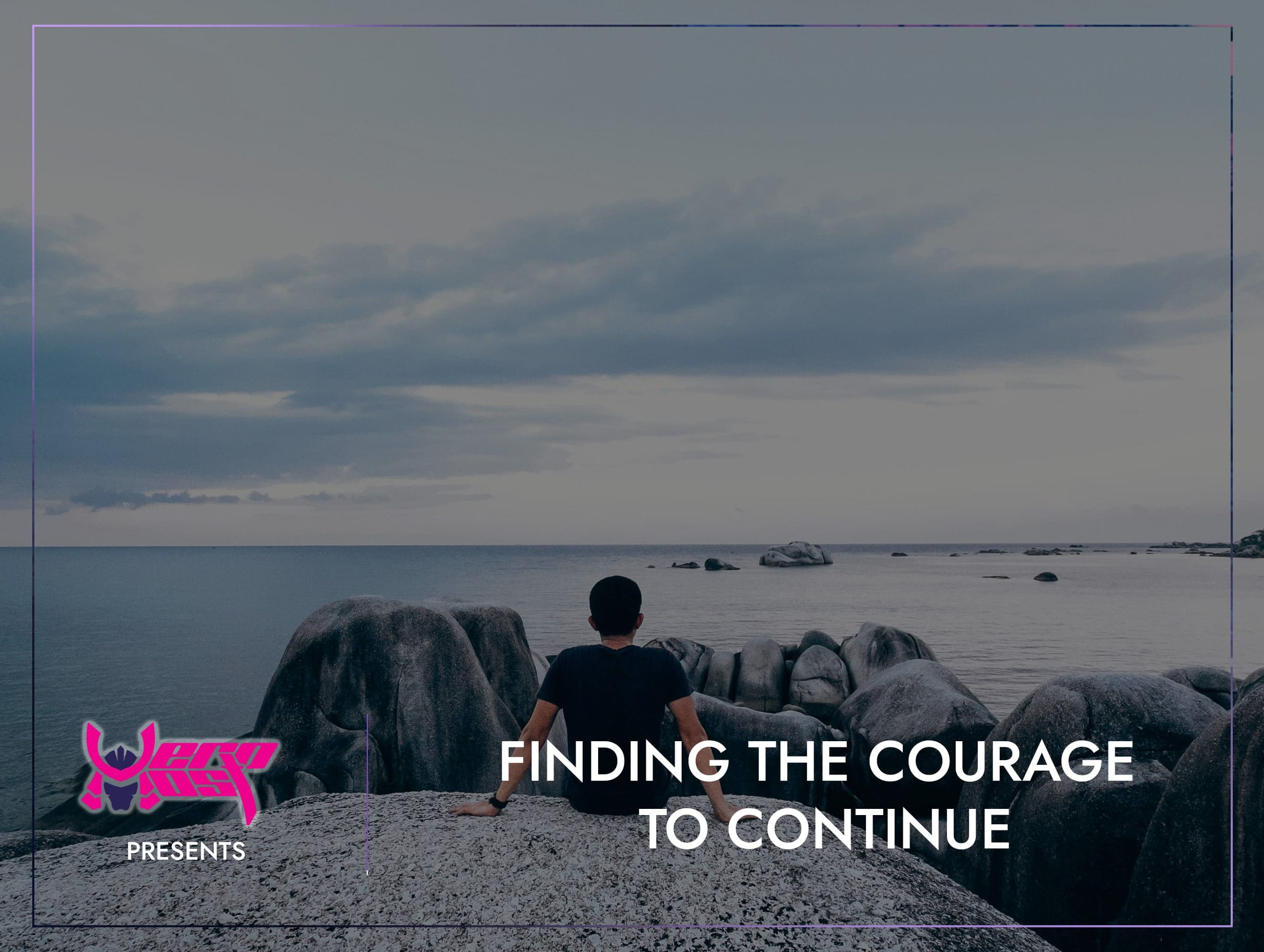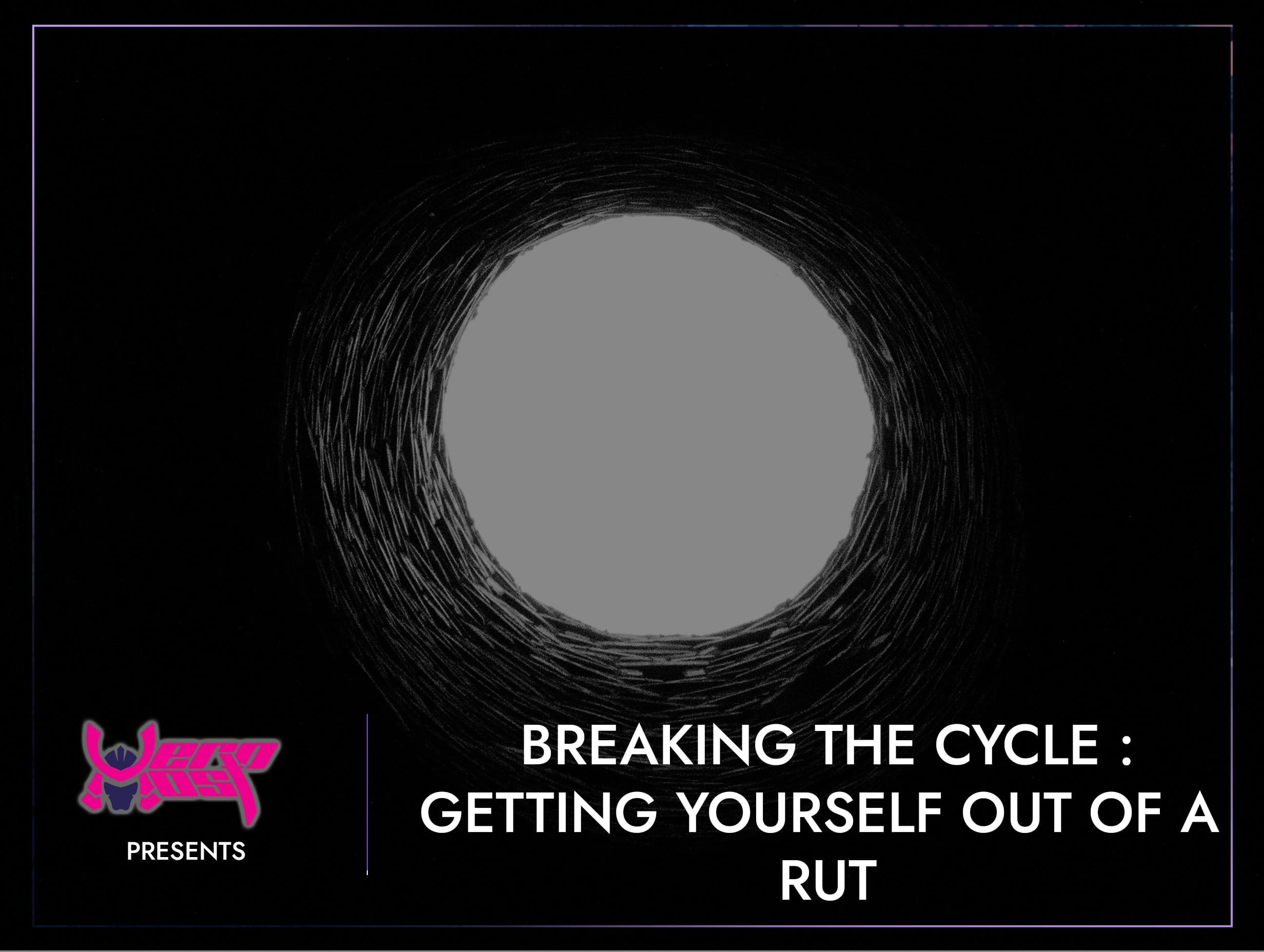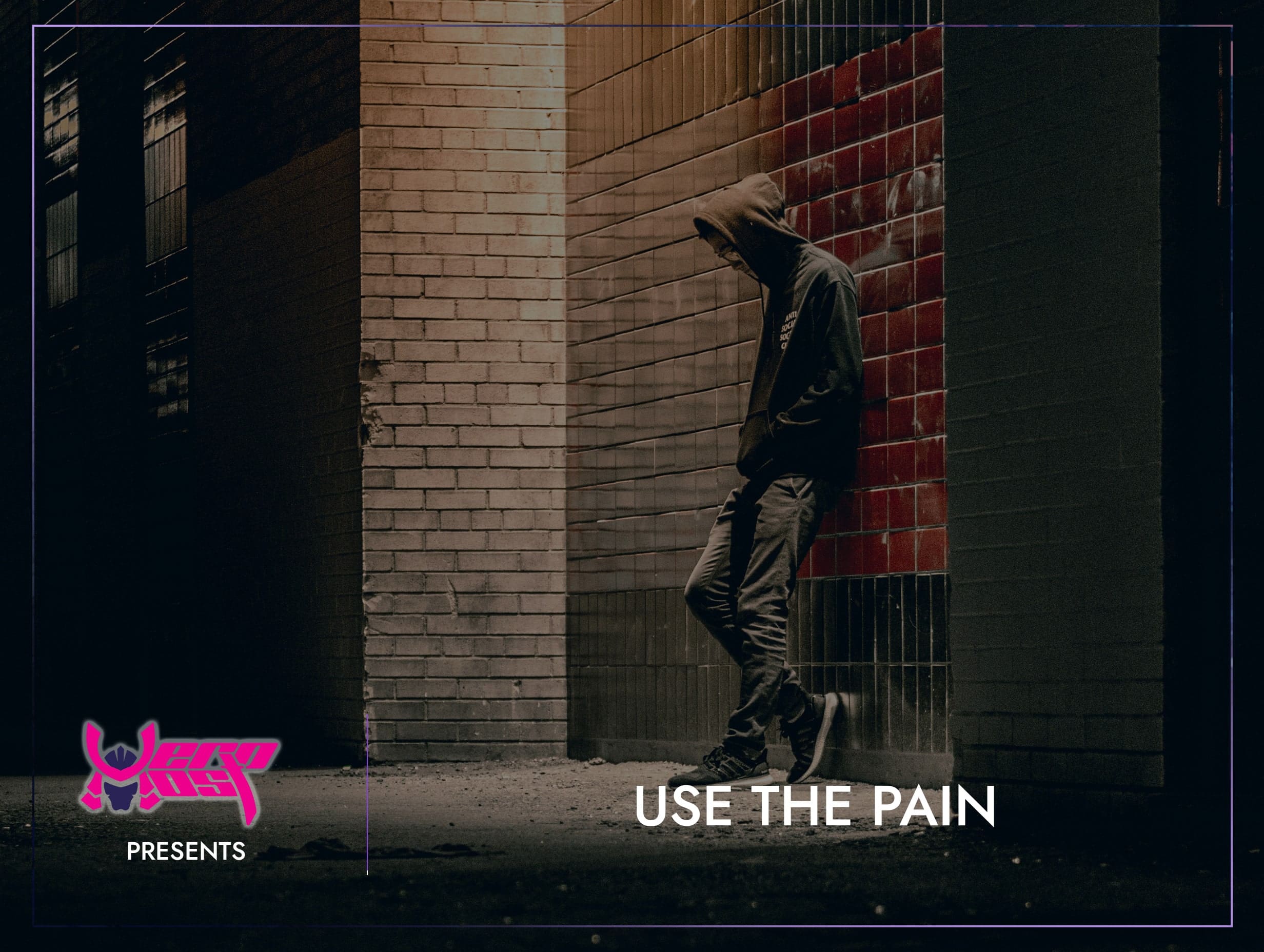Finding The Courage to Continue
- Home
- Lessons From Asia
- Finding The Courage to Continue

- Mikey Ryu
- June 24, 2024
- 0
Finding The Courage to Continue
“Courage is not the absence of fear, but the judgment that something else is more important than fear.” This profound insight, though often attributed to various sources, encapsulates a fundamental truth about the nature of courage and perseverance. In exploring the depths of Chinese and Japanese philosophy, we uncover timeless wisdom that guides us in finding the courage to continue, especially in the face of adversity.
The Essence of Courage in Eastern Philosophy
Eastern philosophy, particularly from Chinese and Japanese traditions, offers rich perspectives on courage and resilience. One notable quote from the ancient Chinese philosopher Laozi (also known as Lao Tzu), the founder of Taoism, says, “A journey of a thousand miles begins with a single step.” This simple yet profound statement highlights the importance of taking that first step, no matter how daunting the journey ahead may seem. It is in this initial act of bravery that we find the seed of all future perseverance.
Embracing Wu Wei: The Art of Effortless Action
In Taoist philosophy, the concept of “Wu Wei” translates to “non-action” or “effortless action.” At first glance, it may appear to be advocating for passivity, but in reality, Wu Wei encourages us to align ourselves with the natural flow of life. By understanding and accepting the natural order, we learn to act in harmony with it, rather than against it. This alignment reduces unnecessary struggle and cultivates inner strength.
Courage, in this context, involves trusting the process and having faith that our actions, no matter how small, will lead us toward our goals. It teaches us that persistence doesn’t always require forceful effort; sometimes, it demands patience and trust in the journey.
Samurai Spirit: The Bushido Code
Japanese philosophy, particularly through the lens of the Samurai and the Bushido code, provides another powerful perspective on courage. The Bushido code, or “The Way of the Warrior,” was the ethical code of the Samurai and emphasized virtues such as honour, loyalty, and courage. One of the core principles of Bushido is “Gi” (rectitude), which is the ability to make the right decision without wavering.
The Samurai believed that true courage is not the absence of fear but the ability to face fear head-on and act righteously despite it. This perspective aligns closely with the quote mentioned earlier. Courage is about recognizing what is truly important and acting accordingly, even when fear looms large.
Zen Buddhism: Finding Strength in the Present Moment
Zen Buddhism, with its emphasis on mindfulness and presence, offers another valuable approach to courage. The practice of Zen encourages us to be fully present in each moment, to experience life as it is, without attachment or aversion. This mindfulness helps us face challenges with clarity and calmness.
One Zen proverb states, “Sitting quietly, doing nothing, spring comes, and the grass grows by itself.” This reflects the idea that by being present and attentive, we allow the natural course of events to unfold. Courage, from a Zen perspective, involves being present with our fears and anxieties, observing them without judgment, and allowing them to pass. This mindful presence provides the inner strength needed to navigate difficult times.
The Role of Resilience in Courage
Resilience, the capacity to recover quickly from difficulties, is deeply intertwined with the concept of courage in Eastern philosophy. In Chinese culture, the story of the bamboo tree is often used as a metaphor for resilience. Despite its thin appearance, bamboo is incredibly strong and flexible. When the wind blows, it bends but does not break. It stands tall again once the storm passes.
This metaphor teaches us that true strength lies in our ability to remain flexible and adaptable in the face of adversity. Like bamboo, we may bend under pressure, but we do not break. This resilience is a testament to our inner courage and our capacity to endure.
Practical Steps to Cultivate Courage
Drawing from these philosophical insights, we can adopt several practical steps to cultivate courage in our own lives:
Take Small Steps:
Remember Laozi’s wisdom and start with the first step, no matter how small. Breaking down large tasks into manageable steps can make them less intimidating.
Align with Natural Flow:
Practice Wu Wei by aligning your actions with the natural flow of life. Trust in the process and avoid unnecessary struggle.
Face Fear Head-On:
Embrace the Samurai spirit by acknowledging your fears and acting righteously despite them. Courage is about making the right choice, even when it’s difficult.
Be Present:
Cultivate mindfulness through Zen practices. Stay present in each moment, observe your fears without judgment, and allow them to pass.
Build Resilience:
Learn from the bamboo tree and develop resilience. Bend, but do not break. Adapt to challenges and stand tall again once the storm has passed.
Conclusion: The Continuous Journey of Courage
Finding the courage to continue is not a one-time achievement but a continuous journey. It involves recognising our fears, understanding what is truly important, and taking deliberate steps forward. By embracing the wisdom of Chinese and Japanese philosophy, we can cultivate a deeper sense of courage and resilience.
As we navigate life’s challenges, let us remember the words of Laozi and the teachings of the Samurai and Zen masters. Let us take that first step, align with the natural flow, face our fears, stay present, and build resilience. In doing so, we find the strength and courage to continue, no matter what obstacles come our way.
Search
Categorys
- Branding (12)
- Business Growth Guides (3)
- Business Insights (3)
- Content Marketing (43)
- Domain Authority (19)
- Email Marketing (28)
- Google Analytics & Search Console (5)
- Hack or Not (2)
- Hero Host News (0)
- Inbound Marketing (32)
- Lessons From Asia (40)
- Marketing Guides (11)
- Martial Arts Journey (14)
- Outbound Marketing (8)
- Search Engine Optimisation (SEO) (41)
- Social Media Marketing (38)
- Web Design (20)
- Website Hosting (4)
- Wordpress (2)






